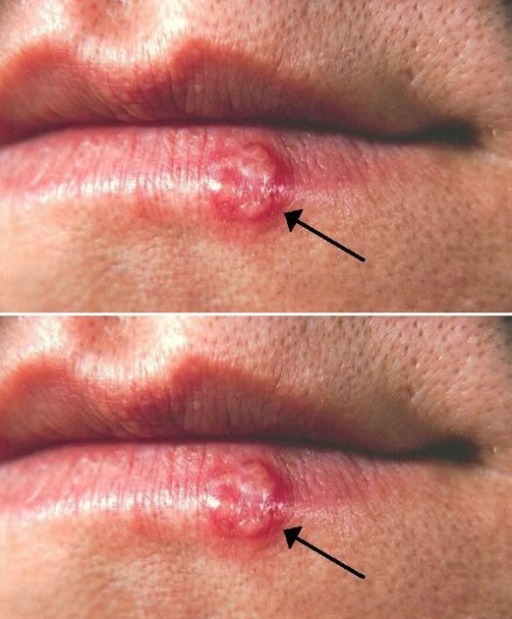
Cold sores, often referred to as fever blisters, are a widespread viral infection affecting a significant portion of the global population. Caused primarily by the herpes simplex virus type 1 (HSV-1), these small, fluid-filled blisters typically appear on or around the lips but can also manifest on the nostrils, chin, or inside the mouth. While generally harmless, cold sores can be both painful and aesthetically concerning, leading many to seek effective management strategies.
The Herpes Simplex Virus and Cold Sores
HSV-1 is a highly contagious virus transmitted through close personal contact, such as kissing, sharing utensils, or using the same towels. Once the virus enters the body, it remains dormant in nerve cells and can reactivate under certain conditions, leading to recurrent outbreaks of cold sores. Common triggers for reactivation include:
-
Stress: Emotional or physical stress can weaken the immune system, making it easier for the virus to resurface.
-
Illness: Other infections or fevers can prompt an outbreak.
-
Sun Exposure: Ultraviolet (UV) rays can trigger cold sores in some individuals.
-
Hormonal Changes: Fluctuations, such as those occurring during menstruation, can be a factor.
Recognizing the Stages of a Cold Sore
Understanding the progression of a cold sore can aid in timely intervention:
-
Prodromal Stage: Tingling, itching, or burning sensations around the lips signal the onset of an outbreak.
-
Blister Stage: Small, fluid-filled blisters emerge, often causing discomfort.
-
Ulcer Stage: Blisters may rupture, leading to open sores that can be painful.
-
Crusting Stage: Sores dry out and form scabs.
-
Healing Stage: Scabs fall off as the skin heals, typically without scarring.
Effective Treatment Options
While there is no cure for HSV-1, various treatments can alleviate symptoms and expedite healing:
-
Antiviral Medications: Drugs such as acyclovir, valacyclovir, and famciclovir can reduce the severity and duration of outbreaks, especially when taken at the first sign of symptoms.
-
Topical Creams: Over-the-counter options containing antiviral agents like docosanol or anesthetics such as lidocaine can ease discomfort and may prevent sores from worsening if applied during the initial tingling phase.
Home Remedies and Lifestyle Adjustments
In addition to medical treatments, several home remedies and lifestyle changes can support cold sore management:
-
Aloe Vera Gel: Known for its anti-inflammatory properties, aloe vera can soothe irritation and promote healing when applied to the affected area.
-
Lemon Balm: This herb has antiviral effects; applying lemon balm ointment may shorten the duration of outbreaks.
-
Cold Compress: Applying a cold, damp cloth can numb pain and reduce swelling.
-
Tea Tree Oil: Diluted tea tree oil possesses antiseptic properties and can be applied to the sore to support healing.
Preventing Future Outbreaks
To minimize the frequency of cold sore recurrences:
-
Identify and Avoid Triggers: Keep a diary to pinpoint personal triggers such as specific foods, stressors, or environmental factors.
-
Strengthen the Immune System: Maintain a balanced diet rich in fruits, vegetables, and whole grains; engage in regular exercise; ensure adequate rest; and consider supplements like lysine, which may reduce outbreak frequency.
-
Practice Good Hygiene: Wash hands frequently, avoid touching the affected area, and refrain from sharing personal items like lip balm, utensils, or towels to prevent spreading the virus to others or other parts of your own body.
When to Seek Medical Advice
While cold sores typically resolve on their own within 7-10 days, consult a healthcare professional if:
-
Outbreaks become unusually frequent or severe.
-
Sores do not heal within two weeks.
-
You experience eye discomfort or vision problems, as HSV-1 can infect the eyes and potentially lead to blindness if untreated.
-
You have a weakened immune system due to conditions like HIV/AIDS or treatments such as chemotherapy.
Conclusion
Cold sores are a common affliction, but with a comprehensive understanding of their causes, triggers, and treatment options, individuals can effectively manage and reduce their impact. Combining medical interventions with home remedies and proactive lifestyle adjustments can lead to fewer outbreaks and improved quality of life. Always consult with a healthcare provider for personalized advice and treatment plans tailored to your specific needs.





